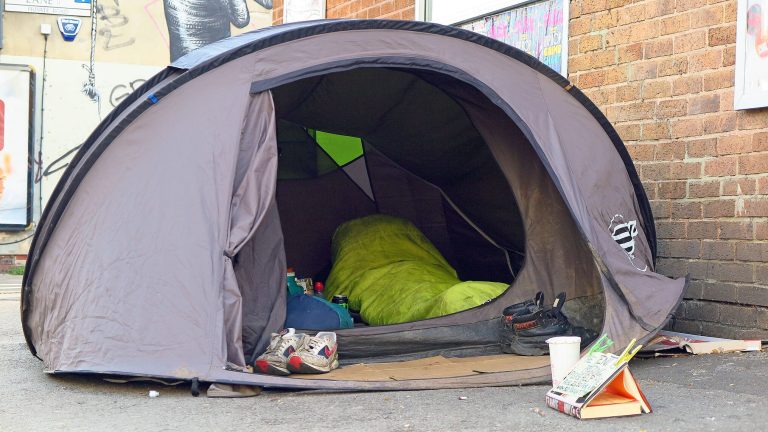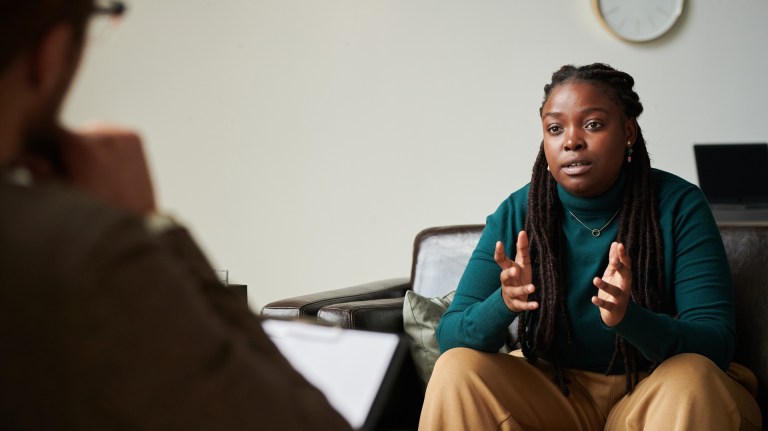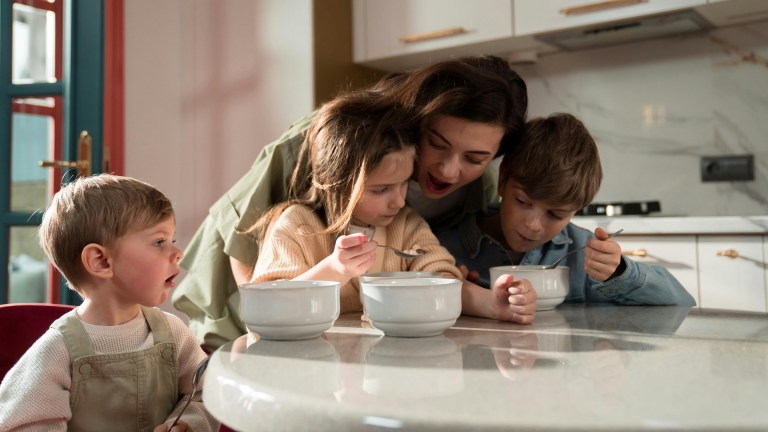Other titles took a similar approach with The Mirror and The Daily Telegraph both opting for near identical headlines to The Independent’s effort.
The Sun mixed it up and provided a bit more detail with: “SPECS APPEAL People who wear glasses are three times LESS likely to catch Covid as they don’t rub their eyes as often, study reveals”.
Metro covered the story too, they opted for: “People who wear glasses ‘up to three times less likely to catch Covid’”.
Fox News ran the story in the States under the headline: “Coronavirus less likely to infect glasses wearers, study suggests”. And the New York Post’s coverage read: “Glasses wearers 2-to-3 times less likely to get Covid-19, study says”.
But how do the stories stack up under the microscope? Do glasses really have an impact on the likelihood you will catch the virus or are the stories wrong?
Lockdowns have taken income away from hundreds of Big Issue sellers. Support The Big Issue and our vendors by signing up for a subscription.
Advertising helps fund Big Issue’s mission to end poverty
Facts. Checked
While it may seem unlikely, there is actually a fair bit of truth to the news reports.
In fact, it is not the first time that the impact of glasses has been studied throughout the pandemic and a previous study supporting the findings here.
This round of news stories came from a study at a hospital in Kanpur Dehat, Uttar Pradesh in India.
Researchers tested 304 coronavirus patients – 223 males and 81 females aged between 10 and 80 years of age – last summer over the course of two weeks. They found 58 people consistently wore spectacles during the daytime – 19 per cent of the group.
The scientists observed participants and found they touched their face 23 times per hour on average, and also touched their eyes three times per hour.
As a result, they found people who wear glasses were two to three times less likely to contract than those without.
Advertising helps fund Big Issue’s mission to end poverty
The study’s lead author Amit Kumar Saxena, an ophthalmologist from India’s National Programme for Control of Blindness, concluded the nasolacrimal duct may be a route of virus transmission from conjunctival sac to the nasopharynx. In other words, touching your eye can pass on the virus and leave you open to infection.
The Indian study followed a report in China released in September that also found people wearing glasses were less susceptible to catching the virus. However, Simon Kolstoe, a senior lecturer at the University of Portsmouth, wrote in
The Conversation that the September findings should be “treated with caution”.
Researchers looked up the number of people with myopia (short-sightedness) admitted to hospital in Wuhan and found admissions over five times lower than the rest of the population. The Indian study takes our knowledge a step further, taking the theoretical into the practical through to an observational study, but there is still a way to go until we know just how much difference glasses make.
The authors of the study acknowledge more research is required, admitting that the small scale and short duration of the research means it cannot prove the findings definitively.
There were a range of reactions on social media from agreement to ridicule but there is a reason full PPE includes eye coverage. That remains optional for the general public, but in the US, White House chief medical advisor Dr Anthony Fauci has suggested covering eyes with glasses or a visor is advisable if you want “perfect protection of the mucosal surfaces”.
This case underlines that science is a process and, progress is being made to understand Covid-19 every day.
Advertising helps fund Big Issue’s mission to end poverty










